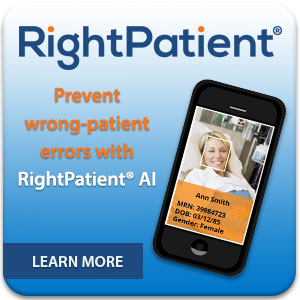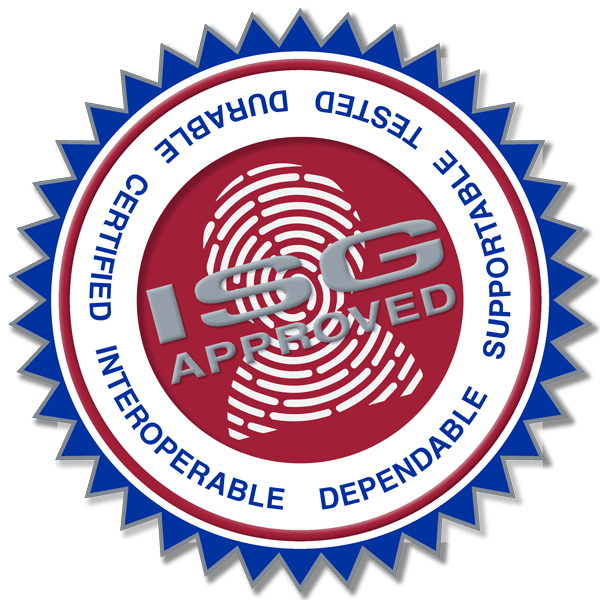The US healthcare system is rapidly digitizing. As the healthcare sector increasingly relies on electronic health records, telemedicine and interconnected medical devices, the vulnerability of sensitive medical information to breaches and unauthorized access has grown exponentially. With its cutting-edge technology and unique identifiers, biometrics has become a powerful tool for strengthening medical data security.
The Important Role of Biometrics
Biometrics is the science of measuring and analyzing individuals’ unique physical or behavioral characteristics. These characteristics include fingerprints, facial features, iris patterns, voice and DNA. Biometric authentication relies on the distinctiveness of these traits to verify a person’s identity, making it a robust and reliable method for enhancing security across various sectors, including healthcare.
The Vulnerability of Medical Data
Medical data, encompassing patients’ records, diagnoses, treatment plans and other sensitive information, is a prime target for cybercriminals. These data breaches jeopardize individual privacy and can have other far-reaching consequences, like identity theft, insurance fraud and even the potential compromise of patient care.
The conventional methods of securing medical data, like passwords and PINs, need to be improved, given their susceptibility to hacking and the risk of unauthorized access by malicious actors.
Biometrics for Medical Data Security
As a result, healthcare institutions have been seeking innovative solutions to bolster security, and biometrics has emerged as a game-changer:
- Enhanced authentication: Biometric authentication ensures only authorized individuals can access medical records. Unlike passwords that someone may forget, steal or guess, biometric data, like fingerprints or facial recognition, is unique to each individual, making it exceedingly difficult for imposters to gain access.
- Reduced identity theft: Medical identity theft is a growing concern in the health care industry. Biometrics can play a pivotal role in reducing instances of identity theft by ensuring the right patient receives the proper care. Accurate patient identification safeguards individuals and contributes to the integrity of medical records.
- Streamlined workflows: Biometrics can improve the efficiency of healthcare workflows by eliminating the need for manual authentication processes. Healthcare professionals can quickly and securely access patient records, saving valuable time they can redirect toward patient care.
- Securing medical devices: The proliferation of connected medical devices, such as pacemakers and insulin pumps, has opened new avenues for cyberattacks. Biometric authentication can help secure these devices by ensuring only authorized users can control them, preventing potential life-threatening breaches.
- Compliance with regulations: Biometrics can aid healthcare institutions in meeting strict regulatory requirements, like HIPAA. Biometric authentication is a robust measure to protect patient confidentiality, a fundamental aspect of these regulations.
- Remote patient monitoring: In telehealth and remote patient monitoring applications, professionals can use biometrics to confirm the identity of patients during virtual consultations or when transmitting medical data from remote monitoring devices.
- Audit trails: Healthcare professionals can log biometric authentication events in an audit trail, providing a record of who accessed the medical data and when. This trail helps with accountability and data access tracking, which can be valuable in HIPAA compliance.
- Prescription verification: Pharmacists can use biometrics to verify the identity of patients when they pick up their prescription medications. This data helps prevent prescription fraud and ensures they dispense prescriptions to the correct individuals.
Challenges & Considerations
While biometrics presents a promising solution for medical data security, it has its challenges and ethical considerations. The healthcare sector must address the privacy concerns, the potential for biometric data theft and the need for secure storage and transmission of biometric information meticulously.
Biometrics can significantly enhance medical data security. However, it’s essential to implement appropriate safeguards to protect biometric data itself, as it can be a target for cyberattacks. Additionally, healthcare organizations must comply with data privacy regulations and establish clear policies and procedures for data usage to maintain patient trust and legal compliance.
When medical information is primarily digital, it poses the risk of a potential power outage affecting the system’s efficiency. Reliable standby power is crucial for hospitals to prevent disruption of critical processes, sustain communications and protective private patient data.
Ensuring accessibility for all patients, including those with disabilities or unique psychological conditions, is crucial. Healthcare systems need to strike a balance between enhanced security and inclusivity.
Biometric Solutions from the ISG
Protecting sensitive medical data has become a top priority as healthcare is more reliant on digital technologies. With its advanced authentication methods and unparalleled accuracy, biometrics has emerged as an ally in the quest for strict medical data security. Healthcare institutions must approach biometric solutions with care, addressing the challenges while striving for the highest security and patient care standards.
Contact us today to talk with your local ISG expert for more information about RightPatient and other biometric identification and tracking solutions.

